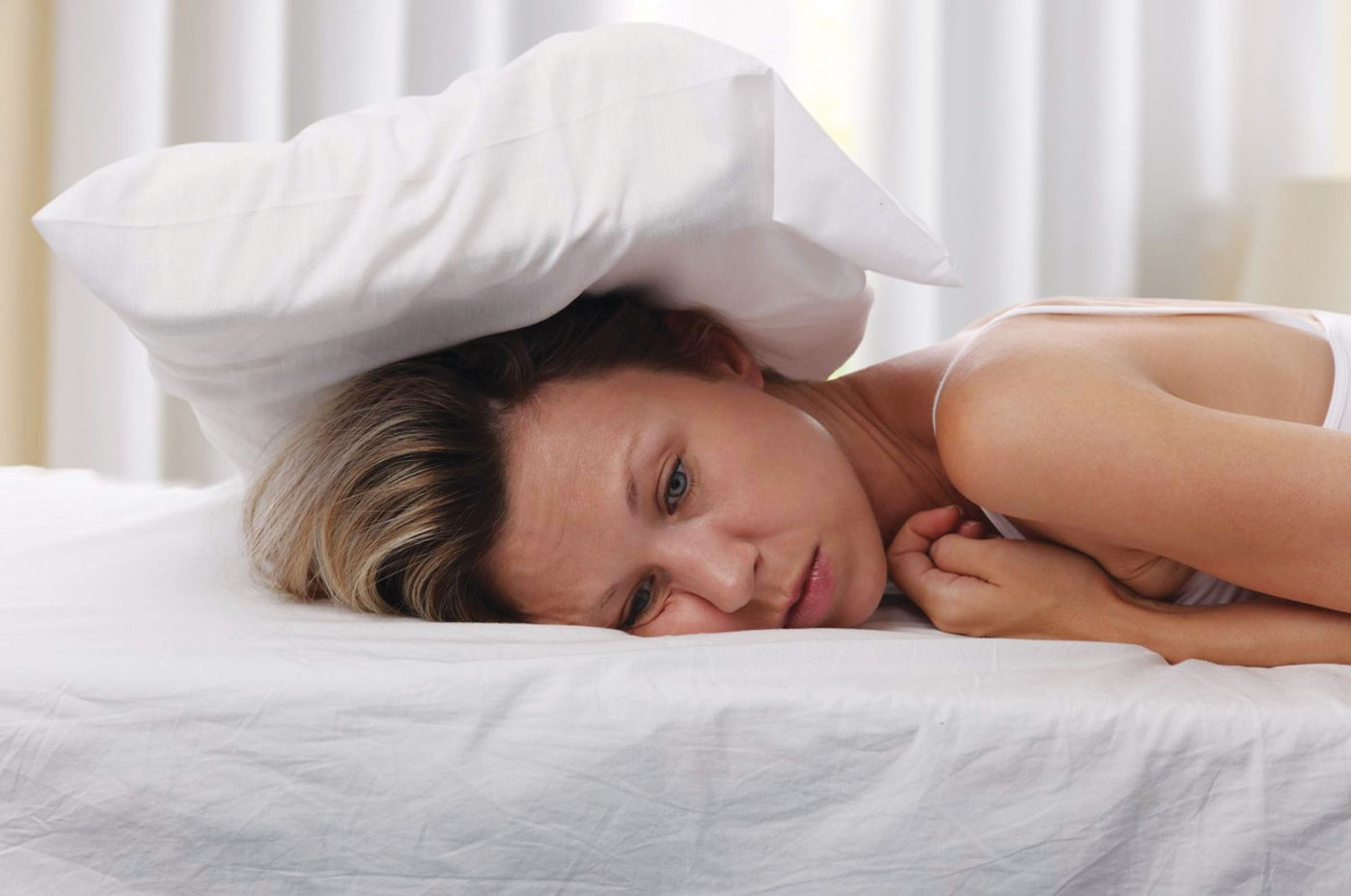Do you constantly feel unwell despite watching what you eat and exercising daily? If you’re careful about your food intake and are certain you’re getting enough exercise, and yet you feel sluggish and generally down most of the time, chances are you could be lacking in sleep. In fact, inadequate sleep is one of the major health issues faced by today’s younger generation, mainly consisting of the modern corporate climbers as well as college and university students.
We live in a busy world today – not necessarily in a physical way, but busy nonetheless! There seems to be an urgency at all times to be more productive than usual at work, at school, etc. People are always trying to get as many things done before having to call it a day. And even then, one’s mind is always working at what’s next, and how to impress one’s superiors, or how to achieve more success, to reach the top, and so on and so forth. Rest and sleep, to many ambitious individuals, are seen as unnecessary, and the less we have of it, the more we can achieve (by being awake and getting things done). Not only is this completely untrue, but prolonged lack of sleep may eventually be your downfall.
We can’t possibly deny though, that everyone has the experience of occasional sleep interruptions, whereby these are generally no more than a nuisance – it’s not the kind of deprivation that we’re referring to. Rather, ongoing lack of sleep is what we’re worried about – and the initial symptoms could be any (or all) of the following: excessive daytime sleepiness, emotional issues, poor job performance, obesity, as well as a lowered perception on one’s quality of life. On this same note, the importance of restorative sleep cannot be ignored, together with efforts to manage and prevent sleep deprivation.
There are millions of people around the world today who are sleep-deprived and the consequences of this sleep deprivation are more serious that you can imagine! A lack of sleep is one thing, actually, but the key factor here, which is really important to point out is that the human body needs a certain amount of restful sleep, for only then, can it initiate healing and repairing from within.
When does the human body fix itself?
As humans, we all need fixing inside – it could be a major illness that needs to be cured, or something much less serious as an aching muscle. Did you know however, that the only time our body can properly repair itself is when we’re asleep?
First and foremost, we have to understand that everything that happens in our bodies take up energy – without enough energy, our bodies cannot function. When you’re extremely tired, for instance, your entire system will automatically slow down to spare whatever little energy left for important bodily functions that keep us alive!
When we sleep, our bodies are resting and movements are brought to a halt, saving lots of energy from walking, working, exercising, running, bending, lifting, etc. Our mind slows down dramatically too and that greatly minimises the energy we would otherwise be using for thinking, planning, strategising, etc.
Ultimately, under the above conditions of ‘rest’, this is when your body gets to work, using all available energy for repairing and fixing whatever’s wrong within. It’s worth realizing at this point that while everything in our system works in harmony and in sync with one another, sleep and rest are key factors to our true wellbeing – for it’s the only time that our bodies can get to work and repair itself and ensure that everything is kept in tip-top shape to be able to run smoothly. However, if we’re going to discuss the healing benefits of a good night’s sleep, there are important conditions to this.
IMPORTANT FACTS ON SLEEP DEPRIVATION
- Sleep loss alters normal functioning of attention and disrupts the ability to focus
- Lack of sleep has been implicated as playing a significant role in tragic accidents on the roads, at sea, at work, etc.
- Children and young adults in this modern world are extremely vulnerable to the negative effects of sleep deprivation
- Sleep deprivation can be a symptom of an undiagnosed sleep disorder or other medical problems
- When you fail to get your required amount of sufficient sleep, you start to accumulate a sleep debt.

What happens when we sleep
Ever noticed how doctors never fail to mention lots of rest and sleep as one of their important ‘prescriptions’ to people who are ill, or who have something, anything at all, that needs healing – such as a flu, serious cough, a torn tendon, a broken bone, etc? There is much more to this advice that most people think, for doctors know that without proper sleep, the human body simply cannot fix itself, hence will not fully recover.
When you are asleep, your body, under the proper circumstances, will have full opportunity to initiate healing and repairing where needed.
The circumstances, or conditions, include:
1. A relaxed mind, free from stress
2. Your last meal should be at least four hours before your bedtime
How exactly do the above conditions influence our body’s healing while we sleep? Let’s take a look.
A relaxed mind
Thinking takes up energy. Emotional energy, mostly. If you’re constantly worrying, stressing, wondering, questioning, and basically not allowing your mind to take a rest while you’re in bed, you are, whether you realise it or not, using up a lot of emotional energy, which is energy all the same. Energy, as mentioned earlier, is also what our bodies need for healing and repairing. If we’re busy tossing and turning in bed, it does not and cannot count as restful sleep, as energy is being channeled to unnecessary movements thoughts and emotions instead of for healing and repairing. The more you’re stressed out, the more difficult it is to sleep. So, perhaps, in some serious cases of illnesses, we now know why sleeping pills are prescribed to patients who can’t get proper sleep.
Go to bed at least four hours after your last meal
Whether or not it’s a good idea to skip night meals, has been a topic of debate for many, for there are a lot of contradicting information available on it. Still, sleeping on a somewhat empty stomach, if you can get used to it, can turn out to be the best thing you can do for your overall health, and here’s why.
When you consume food too close to your bedtime, your body has to pay lots of attention to digesting that food. Digestion is a very slow process that takes a lot of time and a whole lot of energy too. To top it off, if you’ve had something to eat that is difficult to digest, you may have to deal with uncomfortable indigestion which will deter you from getting a good night’s sleep. On the other hand, if your last meal was a few hours before your bedtime, by the time you’re asleep, your body would have been done with digesting your meal, and can then concentrate of healing, fixing, repairing, rejuvenating, and energising your body from the inside – like a reboot of your entire system!
A necessity for optimum health
Getting proper sleep each night is paramount if you wish to heal from a disease, and is absolutely necessary if you wish to stay healthy. As Malaysians, many of us have a habit of eating supper, which is not what our body needs for good health, especially if it’s on a regular basis, Getting enough sleep is important, for the body needs time to rejuvenate, heal and repair. So, sleep well tonight, and every night!


